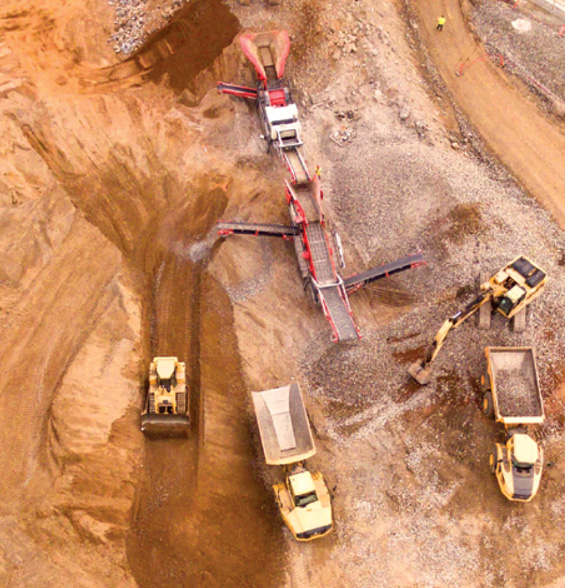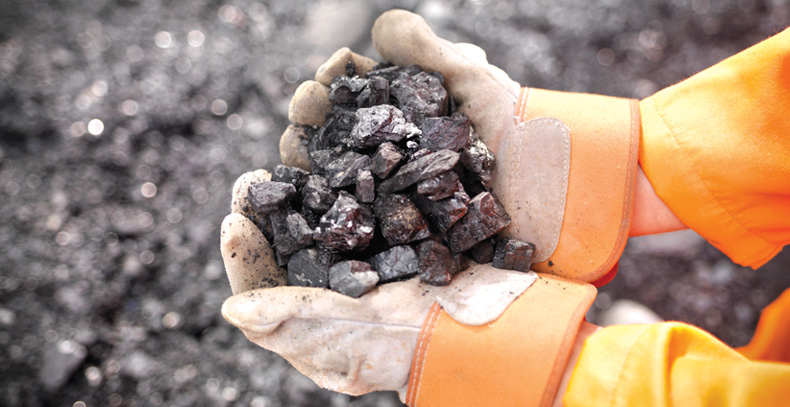
Our captive iron ore mines in Karnataka and Odisha provide us the much-needed security, stability and quality in raw material supply. In the past fiscal, we operationalised all our newly acquired mines, thus fully integrating our steel business across the value-chain. This has already started to buoy our margins significantly, while guarding us against price, supply and quality risks.






Captive iron ore consumption
Total capacity of the Group’s
captive power plants*
* Vijayanagar Works by captive power generation of 865 MW; Dolvi Works by a 67 MW captive
power generation and long-term power purchase arrangement with JSW Energy Limited; and Salem
Works by a 97 MW captive power generation.

The acquisition of iron more mines in Odisha (with reserves of ~1.1 billion tonnes) presents us with several benefits, including:
We are presently in the process of strengthening mining operations in Odisha, with an estimated outlay of ₹3,450 crore over two years. This is expected to help in:
Coal is an essential raw material for operating our blast furnaces and manufacturing processes. The criticality of its availability and consistency in quality are key success factors. However, of late, global demand-supply mismatch has resulted in lesser availability of coal in the market, thereby priming up coal prices and hence, our input costs.


In India as well, we secured the ‘Moitra’ coking coal block in Jharkhand in 2015, which is expected to contribute to our coal availability and security upon its full operationalisation. We are also participating in coal auctions for newer coal mining licences being auctioned by the government, to further augment our raw material security.